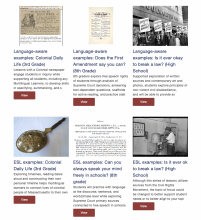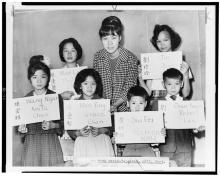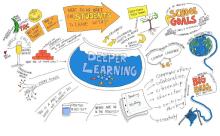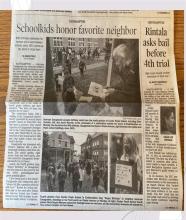The English Learner Collaborations project has added new lesson plan examples to the Emerging America website that demonstrate the use of scaffolds and supports for English Learners.
Scaffolding Models and Templates for Supporting Multilingual Learners
The Massachusetts Council for the Social Studies (MCSS) produced a series of instructional tools to support access to Document-Based Questions (DBQs) for Multilingual Learners (MLLs).





